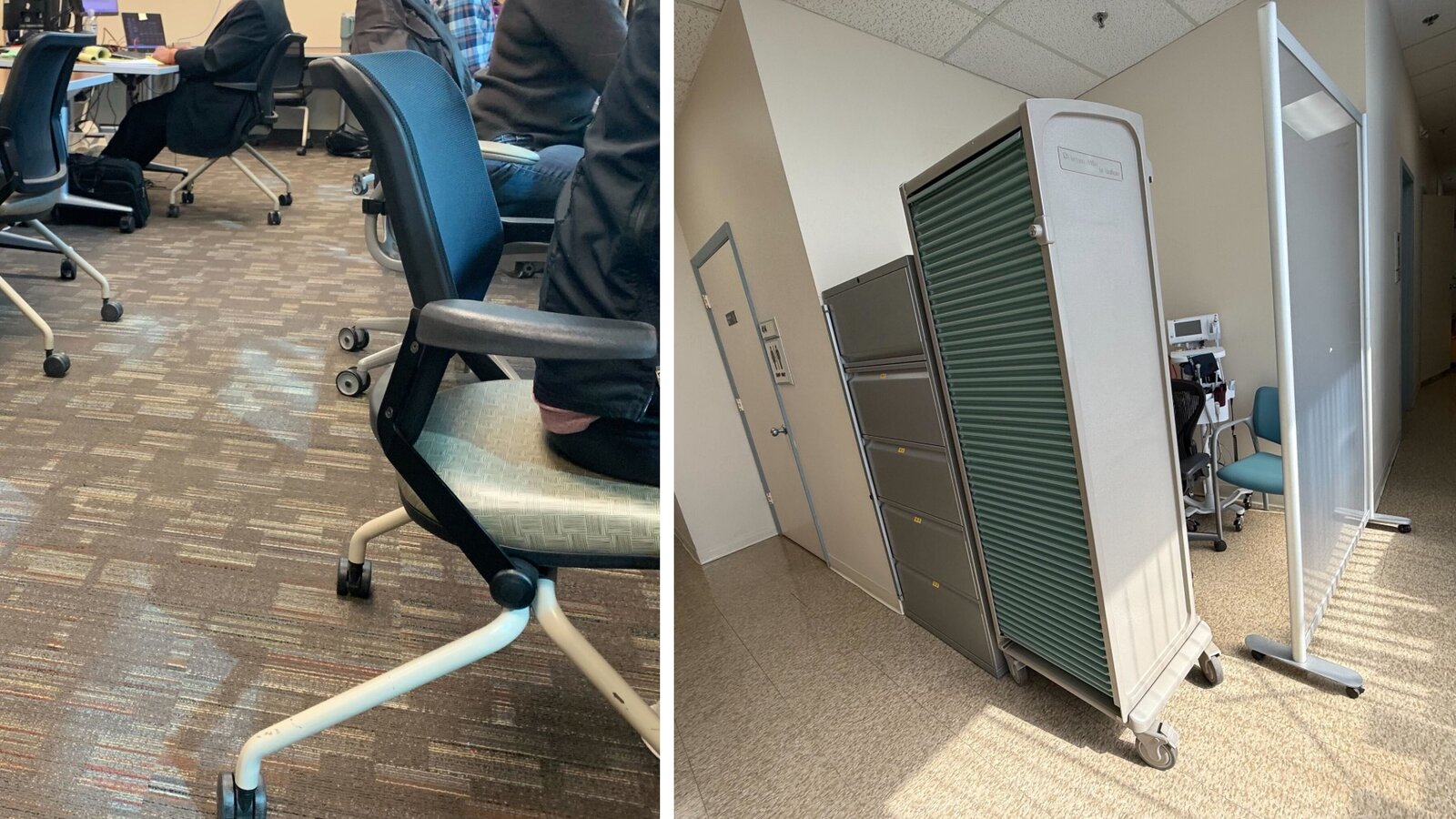Behind Closed Doors: VA's Mental Health Squeeze Threatens Veteran Privacy

VA Clinicians Struggle with Privacy Concerns Amid Mandatory Return-to-Office Mandate
Healthcare professionals at the Department of Veterans Affairs are facing significant challenges as they navigate the president's return-to-office directive. Many clinicians are now forced to work in improvised, cramped spaces that compromise the fundamental principle of patient confidentiality.
The sudden shift back to in-person work has created a complex web of logistical hurdles, with practitioners struggling to maintain the privacy standards essential to quality healthcare. Makeshift workstations and shared spaces are making it increasingly difficult to conduct sensitive patient consultations and protect personal medical information.
These constraints not only impact the quality of patient care but also raise serious concerns about medical privacy and professional effectiveness. Clinicians are caught between the mandate to return to the office and the practical realities of maintaining confidential patient interactions in less-than-ideal working environments.
As the VA continues to implement this return-to-office policy, many healthcare professionals are calling for more thoughtful solutions that balance administrative requirements with the critical need for patient privacy and quality care.
